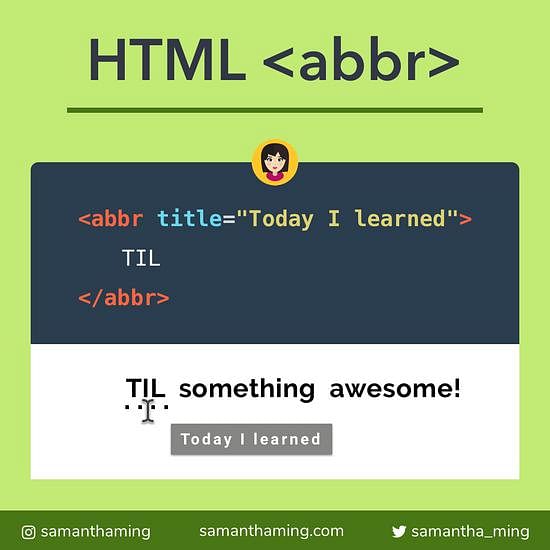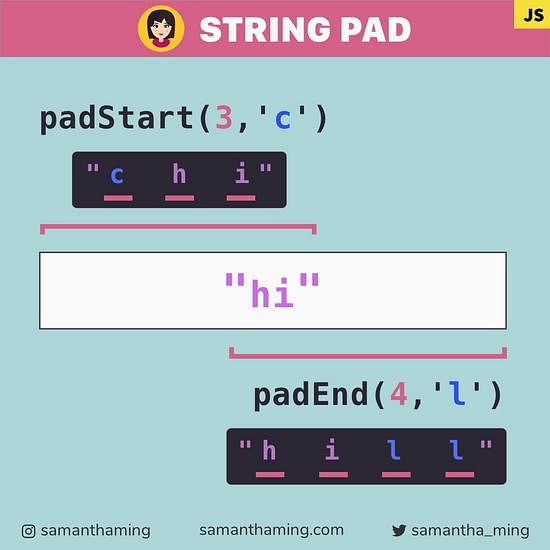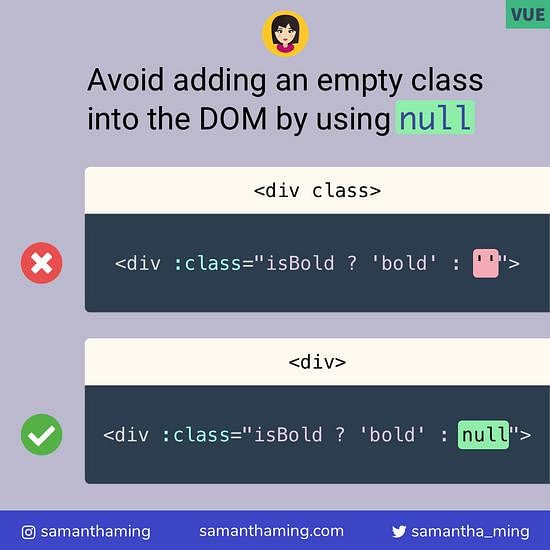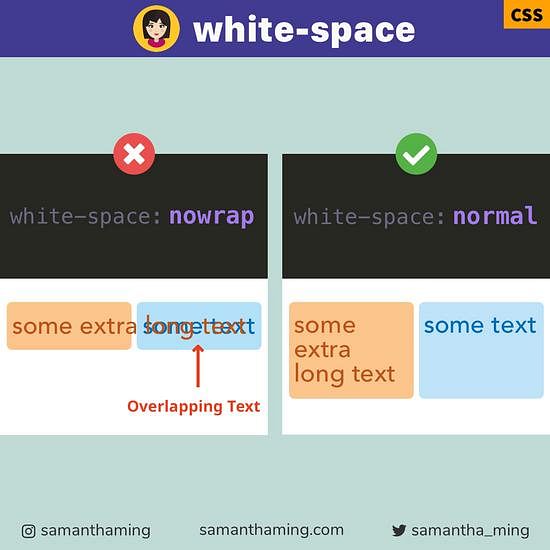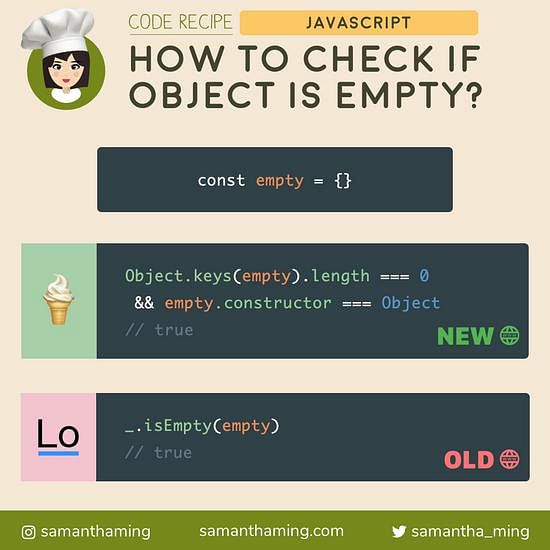# Print Ranges Natively in JS
One of my favorite feature of Ruby is ranges. But it’s not natively available in JS. That’s about to change! Learning ES6 from @getify 🤩
Add this snippet to print ranges in your number prototype!
Number.prototype[Symbol.iterator] = function*() {
for (let i = 0; i <= this; i++) {
yield i;
}
};
[...3]; // [ 0, 1, 2, 3 ]
[...6]; // [ 0, 1, 2, 3, 4, 5, 6 ]
# Examples
You can even apply your standard loop methods on it!
# Using it with Map
Use it with the map method to triple each of the number.
// Number.prototype[Symbol.iterator] = function*() {...}
const triple = [...3].map(x => x * 2);
triple; // [ 0, 3, 6, 9 ]
# Using it with Filter
Combine it with the filter method to get rid of the odd numbers. (by the way, nothing wrong with odd one 😉)
// Number.prototype[Symbol.iterator] = function*() {...}
const even = [...10].filter(x => x % 2 === 0);
even; // [ 0, 2, 4, 6, 8, 10 ]
# Community Suggestions
# Use with caution
This code recipe does alter the built-in prototype. And this can lead to potential problem.
A popular library call MooTools had an unfortunately incident known as #smooshgate. You can read this article that explained what happened.
If you need custom behaviour, it's better to define your own method instead of changing a native one. That way you don't risk breaking anything at all.
Thanks: Robin V and @_gsathya
# Community Examples
# Create Range with Start Value
Improvement to build a specific range.
Number.prototype[Symbol.iterator] = function*() {
for (let i = 0; i <= this; i++) yield i;
};
Array.prototype.to = function(arr) {
return arr.filter(val => !Array.from(this).includes(val));
};
console.log([...2]); // [0, 1, 2]
console.log([...5]); // [0, 1, 2, 3, 4, 5]
console.log([...2].to([...5])); // [3, 4, 5]
Thanks: @omiraclx
# Method to Print Ranges
Brian R: In Ruby, you can just say (0..10) and it generates an array of numbers from 0 to 10. If you do (0...10), it will give you from 1 to 9. In the current ECMA spec, you can't do this without writting your own function. The closest thing in the current spec that I've seen is this:
[...Array(5).keys()];
// [ 0, 1, 2, 3, 4 ]
Very similar using Array.from
Array.from({ length: 5 }, (v, i) => i);
// [0, 1, 2, 3, 4]
Or create a function:
function range(start, end) {
let arr = [];
for (let i = start; i <= end; i++) {
arr.push(i);
}
return arr;
}
range(5, 10); // [ 5, 6, 7, 8, 9, 10 ]
Thanks: Brian R.
# Another Method to Print Ranges
const range = length => {
return new Array(length).map((_, index) => {
return index;
});
};
range(5); // [<5 empty items>]
Thanks @mieszkogulinski
# Resources
I learned this from a course on Pluralsight. It's called ES6: The Right Parts from Kyle Simpson.It is a paid course, but I found a free transcript here.
